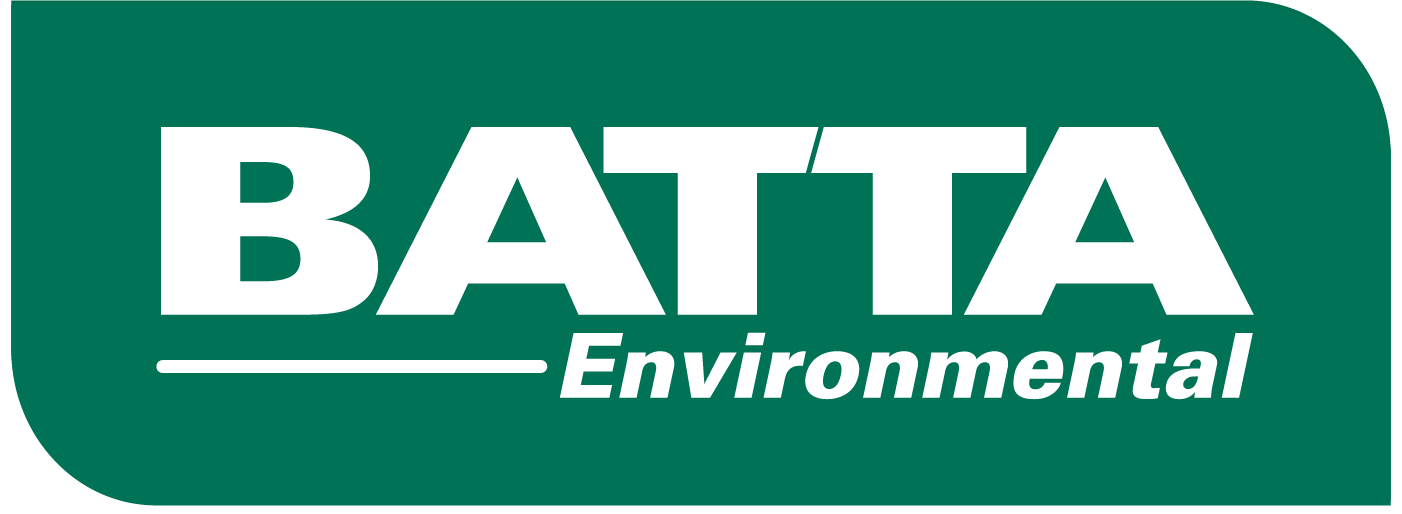
Coons seeks rule changes that he believes would spur investment in Opportunity Zones
by Doug Rainey – Delaware Business Now
U.S. Sens. Chris Coons, D-DE, a member of the Senate Small Business and Entrepreneurship Committee, and Michael Bennet (D-Colo.), a member of the Senate Finance Committee, sent a letter urging Secretary of the Treasury, Steven Mnuchin, to “protect the original intent of the Opportunity Zone policy, namely to harness capital and generate investment, new business, and well-paying jobs in economically distressed communities,” a release stated.
There has been growing concern that the program’s rules may not allow it to reach the stated goal of bringing jobs and investment to distressed areas. Delaware has several Opportunity Zones. However, some areas in downtown Wilmington and the entire former GM Boxwood site is not eligible, with other rules making redevelopment more difficult
“I was an original cosponsor of theInvesting in Opportunity Actbecause I believe in the ability of Delaware’s entrepreneurs to harness private investments and uplift our communities most in need,”said Coons.“I applaud the work of Governor Carney and Delaware stakeholders for selecting our state’s Opportunity Zones. Now, it’s time for the Treasury Department to implement this program in a way that is transparent, that prevents abuse, and that maximizes the benefit for people living in Opportunity Zones.”
Text of the letter:
Dear Secretary Mnuchin:
We write to urge you to address a number of key issues to protect the original intent of the Opportunity Zone policy. Congress intended the Opportunity Zone tax incentive to harness private capital and generate significant investments, new businesses, and well-paying jobs in economically distressed communities, both urban and rural, across the country. With the appropriate guidelines and regulations, low-income communities nationwide could benefit from increased affordable and workforce housing, business formation, job and wage growth, and bold revitalization projects that would not have attracted adequate capital without the Opportunity Zone incentive. As original cosponsors of the underlying Investing in Opportunity Act, we want to ensure outcomes that are consistent with the original intent of the program.
As you move toward clarifying for investors the rules governing Opportunity Zones, we urge you to ensure the policy can achieve its maximum potential of benefiting and empowering, in particular, the people living in the 71 percent of Qualified Opportunity Zones (QOZ) that meet the Treasury Department’s definition of “severely distressed.” We appreciate the work that has gone into drafting the regulations so far but are concerned that some of the regulations may open the door to abuse and waste, driving up the cost of the policy for taxpayers, while not allowing for intended investments in operating businesses that benefit these communities. Accordingly, we urge you to consider the following:
- The Investing in Opportunity Act included basic reporting requirements to ensure investor transparency and measure investment impact. Consistent with those important provisions, Treasury should require strong reporting and collect basic information on QOZ investments as well as fund- and transaction-level data that would allow Treasury to report to Congress information about who is taking advantage of the incentive, who is benefiting from the investments, what the nature of the projects are, and where projects are located. These metrics should provide the necessary detail to adequately assess the impacts of investments, while not proving too onerous for smaller projects in rural jurisdictions that may not have the same level of administrative and logistical bandwidth as their urban counterparts.
- We are concerned that the proposed regulations exclude the land value of a property from the substantial improvement test, meaning that small investments on high-value land could qualify as “substantial improvements,” allowing for any land value appreciation to be eligible for the complete exclusion from capital gains taxation. Treasury should reconsider fully excluding land value from the substantial improvement test to prevent an investor from simply waiting for a piece of purchased land in a QOZ to appreciate before selling it—instead of actually making significant tangible investments to improve the property, as the legislation intends. A revised rule could fully include the value of the land or include a percentage of the value of the land (e.g., 50 percent).
- The statute requires that “substantially all” of an investment must be in an Opportunity Zone to be eligible for tax relief. Treasury’s proposed regulations require that 70 percent of a business property must be within a QOZ to meet the “substantially all” test and therefore be eligible for investment from a Qualified Opportunity Fund (QOF). Further, when this test is combined with the rule that 90 percent of QOF assets must be invested in QOZ property, “substantially all” could mean that as little as 63 percent of a fund’s investments (i.e., 70 percent of 90 percent) could be within a QOZ. We propose a level that is more closely aligned with the New Markets Tax Credit (NMTC), which is 85 percent (i.e., roughly 95 percent of the 90 percent required at the QOF level), particularly for real estate.
An alternative to raising the “substantially all” threshold for all QOZ investments would be to establish a higher standard for real estate investments and allow for a more flexible level for non-real estate investments and operating businesses, with appropriate safeguards to ensure that the operating businesses are not gaming the lower threshold.
- We support provisions that would allow flexibility for operating businesses that are increasing economic activity for residents in a distressed community identified as a QOZ to benefit from the Opportunity Zone incentive. However, we would also want to ensure that any flexibility provided to operating businesses would prevent inappropriate shifting of intellectual property and other intangible business assets into an opportunity zone to take advantage of the provision without creating substantial economic activity. As such, we encourage Treasury to—alongside any flexibility provided to encourage the formation of operating businesses—establish safeguards against transferring intangible business assets into a QOZ in a manner that does not create jobs or tangible improvement to the Zone.
- The proposed rules state that a taxpayer can sell a QOZ investment by December 31, 2047, after holding that investment for ten years, and pay zero tax on the gain, even though QOZ designations are set to expire on December 31, 2028. We urge Treasury to consider a date closer to 2032, which would still allow plenty of time for Congress to revisit the statute after its expiration.
- Lastly, Treasury should encourage interagency coordination to strategically pair federal funding and dedicated cross-government technical assistance as well as share best practices at the state and local level to maximize the benefits of the program for the people living in QOZs. This should include adding the Economic Development Administration (EDA) to the Opportunity Zone Interagency Working Group.
We appreciate your consideration of these comments and concerns and look forward to working with you to ensure that forthcoming Opportunity Zone regulations focus the impact of the program on investments that improve the lives of Americans living in our nation’s severely distressed communities.
January 6, 2019
Original Article: https://delawarebusinessnow.com/2019/02/coons-seeks-rule-changes-that-he-believes-would-spur-investment-in-opportunity-zones/
Copyright (c) 2019 Delaware Business Now


BATTA offers professional environmental consulting services to guide businesses, investors, real estate attorneys, architects, economic development practitioners and others throughout the whole Opportunity Zone Development process.